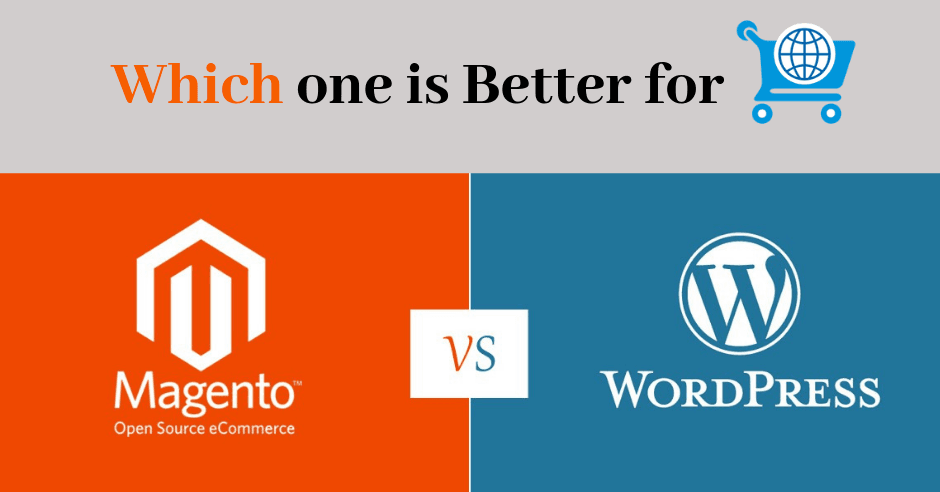In the world of web development,
website speed is no longer just a luxury – it’s a critical factor that directly affects user experience, SEO rankings, and conversion rates. Whether you’re building an eCommerce store or a content-driven site, choosing the right platform is key. In 2025, two popular platforms continue to dominate the market:
Magento and
WordPress.But which of these offers better speed performance? Let’s dive into a comparison from the perspective of
WordPress Speed Optimisation, insights from
Magento Developers, and the growing demand for
Speed Optimization Services.
Understanding the Basics: Magento vs WordPress
WordPress is a flexible CMS primarily known for blogs, business websites, and lightweight eCommerce through WooCommerce.
Magento, on the other hand, is a powerful eCommerce platform designed for large-scale online stores, offering extensive customization and robust features.While both platforms can be optimized for speed, their structure and use cases affect performance significantly.
1. Performance Out of the Box
WordPress: Generally lightweight and fast, especially when paired with a minimal theme and few plugins. It requires additional plugins for eCommerce and caching, but basic sites load quickly.
Magento: More resource-intensive due to its complexity. Designed for scalability, but without proper optimization, it can load slower – especially on shared hosting.
Verdict:
WordPress performs better out of the box, especially for smaller sites.
2. Customization & Speed Optimisation Potential
Both platforms offer strong customization options, but optimization methods differ:
WordPress Speed Optimisation: Developers can leverage plugins like WP Rocket, Autoptimize, and CDN integration for quick performance boosts. Lazy loading, image compression, and database cleanup are easy to implement.
Magento Developers focus more on backend enhancements like Varnish cache, Redis, and server-side performance tweaks. Magento often requires dedicated hosting and technical knowledge for effective speed improvements.
Verdict:
WordPress is easier to optimize for non-technical users, while
Magento requires expert
Speed Optimization Services for best results.
3. Hosting Requirements
WordPress runs smoothly on shared, managed, or cloud hosting. Providers like SiteGround, Kinsta, and WP Engine offer server-level speed optimizations.
Magento needs high-performance servers due to its large codebase. Magento sites are best hosted on VPS or dedicated servers with SSD storage and advanced caching layers.
Verdict:
WordPress offers more flexibility in hosting and performs well on affordable plans.
4. Scalability and Speed Under Load
Magento is built to handle large product catalogs, bulk transactions, and high traffic with efficiency—if optimized correctly.
WordPress, while scalable, often struggles with performance issues on high-traffic eCommerce sites unless heavily optimized.
Verdict: For enterprise-level eCommerce,
Magento delivers better speed performance when managed by experienced
Magento Developers.
5. Availability of Speed Optimization Services
Speed Optimization Services for
WordPress are widely available and often more affordable due to the platform’s popularity.
Magento Speed Optimization is more complex and typically costs more, but it can yield significant performance gains when done right.
Verdict:
WordPress has broader support and easier access to performance services, especially for small to mid-sized businesses.
Which Is Better for Speed in 2025?
Choose
WordPress if you’re running a blog, small business site, or lightweight store. It’s easier to manage, optimize, and scale at a reasonable cost with excellent
WordPress Speed Optimisation tools.Opt for
Magento if you’re operating a large eCommerce store and can invest in expert
Magento Developers and advanced
Speed Optimization Services to manage performance.In 2025, speed is still king – but the best platform for performance depends on your site’s size, purpose, and technical resources.
Need Help Deciding?
Whether you’re building on Magento or WordPress, professional
Speed Optimization Services can help boost your website’s performance, reduce bounce rates, and improve customer satisfaction.



Recent Comments